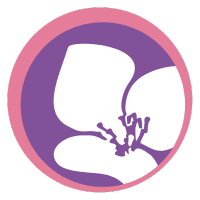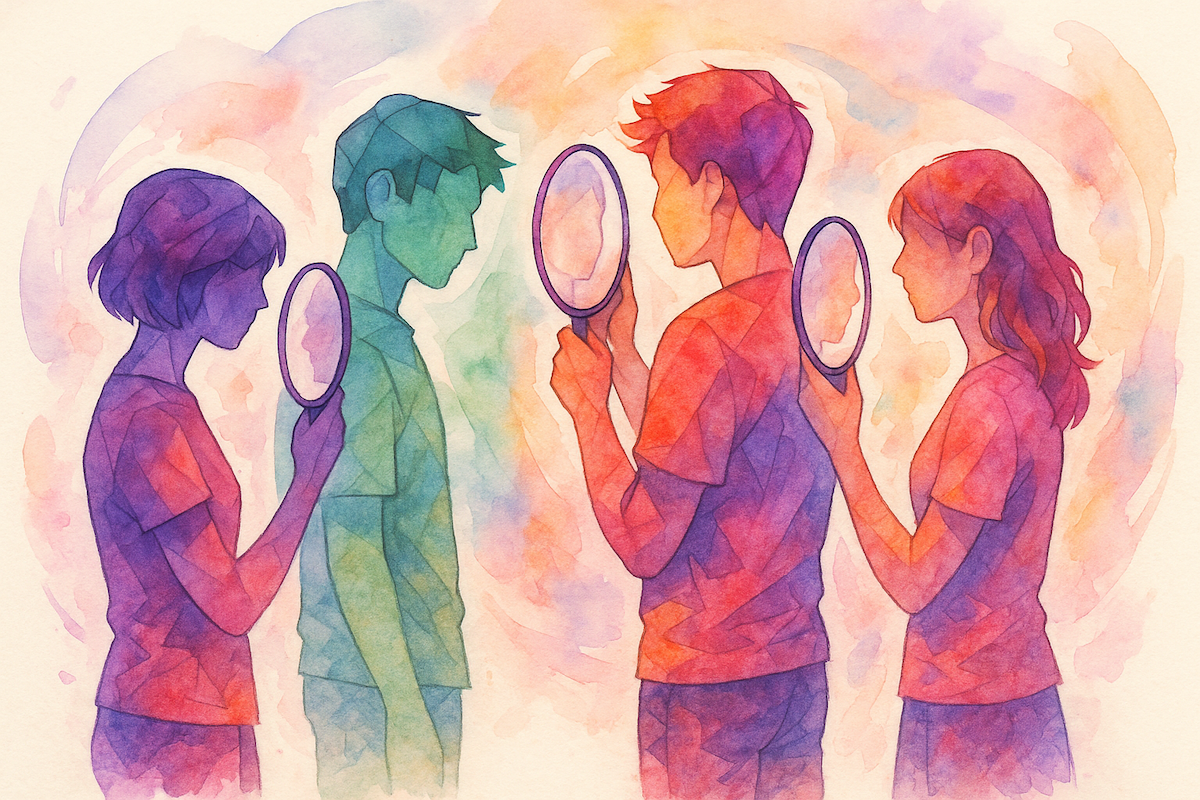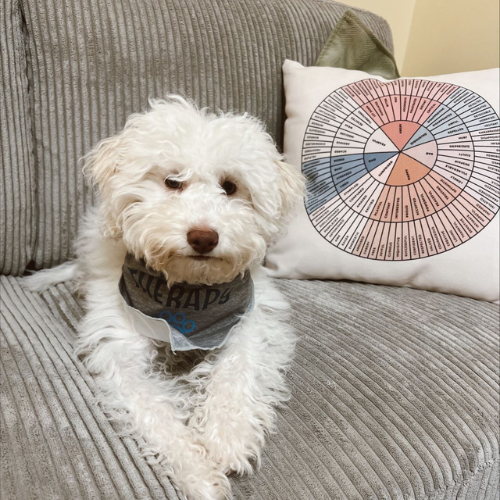Co-occurring Mental Health Disorders
Eating disorders frequently co-occur with mental health conditions such as anxiety, PTSD, depression, or OCD, creating a cycle where each intensifies the other.
Treatment for co-occurring mental health disorders at Magnolia Creek
As a dually licensed facility, Magnolia Creek provides comprehensive treatment for primary eating disorders and co-occurring mental health conditions. Our clinical team understands how psychiatric issues and disordered eating often reinforce one another. Through integrated care — including individual and family therapy, medical support, group work, and experiential activities — we help clients heal emotionally and psychologically while building a strong foundation for lasting recovery.
About co-occurring mental health disorders
- An estimated 70% of individuals with eating disorders suffer from a co-occurring mental health condition.
- Eating disorders frequently co-occur with anxiety disorders, mood disorders, substance use disorders, post-traumatic stress disorder, and obsessive-compulsive disorder (OCD). Anxiety and depression affect over half of those struggling with an eating disorder.
- Post-traumatic stress disorder (PTSD) is significantly more prevalent among individuals with eating disorders compared to the general population, affecting roughly 25% of those with an eating disorder diagnosis. PTSD is associated with more severe eating disorder symptoms, higher rates of anxiety and depression, and worse overall quality of life.
- Approximately 10,200 deaths occur each year as a direct result of eating disorders — equating to one life lost every 52 minutes.
Our Areas of Expertise
At Magnolia Creek, we provide dual diagnosis treatment for co-occurring mental health disorders, helping our clients achieve recovery from each of their diagnoses.
Anxiety disorders often co-occur with eating disorders due to shared risk factors like perfectionism and feelings of loss of control. Disordered eating can be a way to cope with overwhelming anxiety.
Depression causes feelings of low self-worth, emotional distress, and lack of motivation. Individuals with depression may engage in disordered eating to cope with this distress.
OCD is often characterized by rigid thinking and compulsive behaviors, as well as strict rituals to relieve feelings of anxiety. These behaviors often extend to food, eating, and body image.
Personality disorders can cause intense emotional dysregulation, lack of self-worth, and difficulty coping with stress or trauma. These struggles often extend to thoughts and behaviors regarding food and eating.
Individuals with PTSD experience intense emotional and psychological distress and may feel a lack of control over their minds and bodies. Disordered eating is often a coping mechanism for this distress.
An individual struggling with an eating disorder may feel deep feelings of shame, guilt, and low self-worth. They may engage in self-harming behaviors as a way to cope with these feelings or express their emotional pain.
FAQs about co-occurring mental health disorders
What are co-occurring mental health disorders?
Co-occurring mental health disorders occur alongside eating disorders and can influence or intensify disordered eating behaviors. They often share underlying factors such as trauma, low self-esteem, or difficulty regulating emotions.
The most common co-occurring mental health conditions include:
Depressive disorders
Persistent sadness or hopelessness, loss of interest in activities, low energy and self-esteem, often linked with emotional eating, restriction, or self-punishment
Anxiety disorders
Generalized anxiety disorder (GAD) creates excessive worry or tension; social anxiety disorder induces fear of judgment, especially about appearance; panic disorder manifests sudden panic attacks, and is frequently tied to rigid food rules or avoidance behaviors
Obsessive-compulsive disorder (OCD)
Intrusive thoughts and compulsive behaviors; may manifest as obsessive food rituals, calorie tracking, or body checking
Post-traumatic stress disorder (PTSD)
Flashbacks, nightmares, and emotional numbness; often stems from past trauma, which can trigger or worsen disordered eating
Bipolar disorder
Mood swings between depressive and manic episodes; eating patterns may shift dramatically with mood changes
Personality disorders
Borderline personality disorder (BPD), intense emotions, and fear of abandonment; may involve impulsive eating behaviors or unstable self-image
Self-harm + suicidal ideation
May involve thoughts or behaviors intended to inflict harm or end one’s life; often linked to overwhelming emotional pain or co-occurring mental health conditions; and can significantly impact eating disorder severity and treatment needs
These conditions can complicate recovery if left untreated, which is why integrated care is essential in eating disorder treatment.
What are signs and symptoms of co-occurring mental health disorders?
Signs and symptoms of co-occurring mental health disorders can vary depending on the specific diagnosis, but they often overlap with or intensify eating disorder behaviors.
Common indicators in adults and adolescents with mental health disorders are:
- Persistent sadness, hopelessness, or emotional numbness
- Anxiety or panic attacks, especially around food, body image, or social situations
- Difficulty concentrating or making decisions
- Feelings of worthlessness, guilt, or self-loathing
- Obsessive thoughts or compulsive behaviors (e.g., excessive exercising, body checking)
- Intense fear of weight gain despite being underweight or within a healthy range
- Sleep disturbances (insomnia, oversleeping, nightmares)
- Mood swings or emotional dysregulation
- Self-harm behaviors or suicidal ideation
- Social withdrawal or loss of interest in previously enjoyed activities
Adolescents may also exhibit:
- Irritability, anger, or defiance (often mistaken for “teen moodiness”)
- Academic decline or disinterest in school
- Frequent physical complaints without a clear medical cause (e.g., stomach aches, headaches)
- Increased sensitivity to criticism or peer rejection
- Avoidance of school or social events
- Drastic changes in appetite or weight
- Expressions of low self-esteem or negative body image
- Talking about feeling “empty” or “useless”
When is it time to seek professional support for co-occurring disorders?
It’s time to seek professional support when disordered eating is accompanied by emotional distress, mood changes, or substance use that interferes with daily life. Early intervention is vital — seeking help when symptoms first appear can prevent further complications and support long-term recovery.
If you or a loved one is struggling with an eating disorder alongside a mental health or substance use issue, specialized, integrated treatment from a dually licensed provider is essential.
Find peace, purpose, and eating disorder recovery at Magnolia Creek — where compassionate, evidence-based care meets the healing power of nature.
Step into healing at your own pace.
Magnolia Creek offers two distinct levels of care — residential treatment and partial hospitalization — with a focus on tailoring each client’s treatment plan to their unique diagnosis and recovery goals.
How We Treat

The Magnolia Creek Difference
We provide whole-person, evidence-based care that extends beyond symptom relief. Through culinary integration, co-occurring disorder treatment, and ongoing support, we help clients develop a strong foundation for lasting recovery at every stage of their journey.
More Resources

Anorexia Athletica: Signs, Symptoms, Treatment

What Is ARFID? How It Differs from Other Eating Disorders

Teen Body Image: What Parents Need to Know
Renew your hope at Magnolia Creek.
Contact us today or complete our form to connect with an admissions specialist who will guide you to the right program. Healing is just a call away.
Your privacy is our priority. All communication is completely confidential.














































